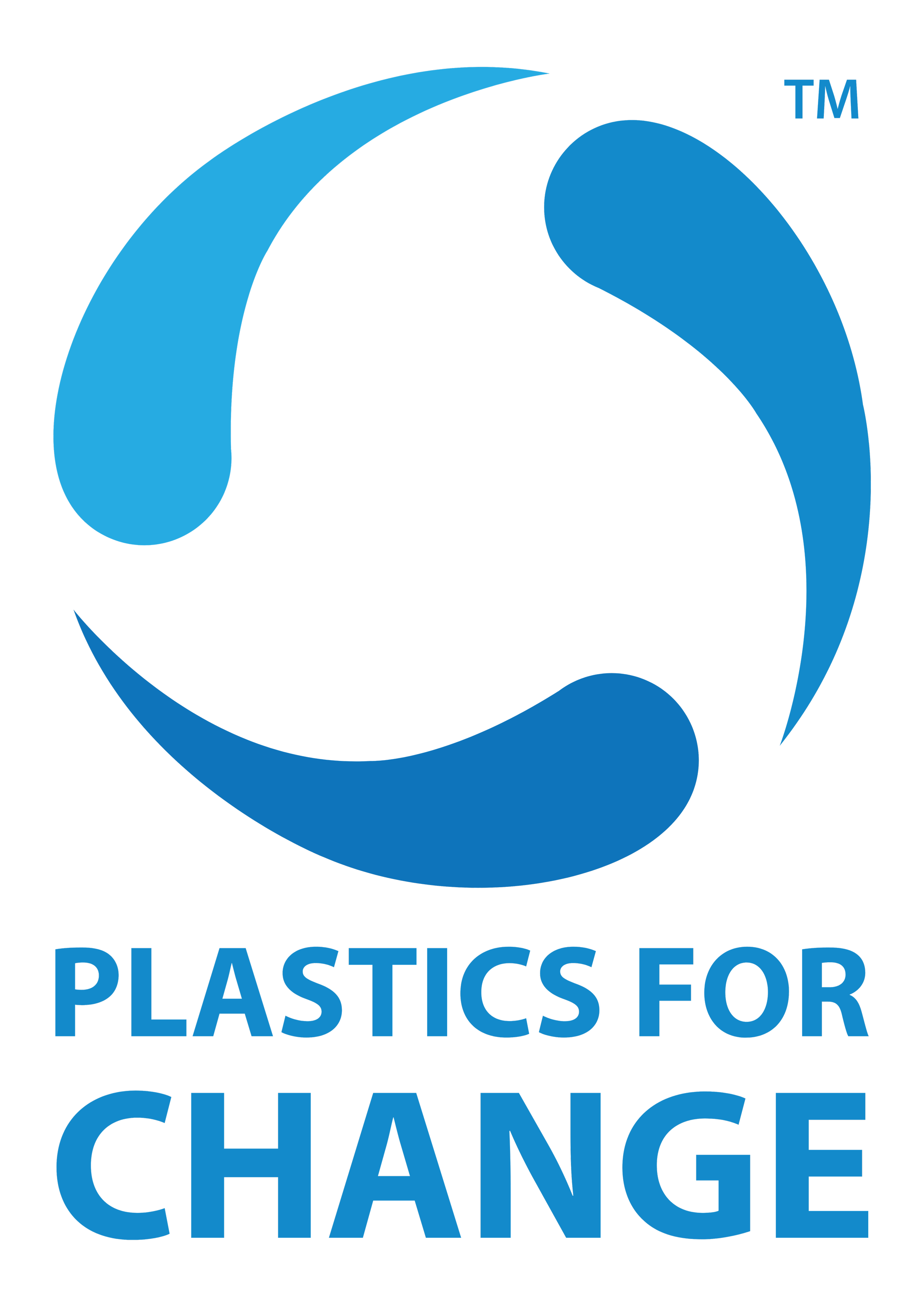Fair-Trade Recycling: How Waste Pickers Become Stakeholders
(Source Credits: Plastics For Change)
Fair-Trade Recycling: How Waste Pickers Become Stakeholders
The recycling economy around the world often depends on the most overlooked players: informal waste pickers. Every day, millions of workers collect, sort, and trade waste materials that would otherwise end up in landfills, rivers, or oceans. Yet despite the essential nature of their work, they rarely receive fair wages, safe working conditions, or formal recognition.
But a new model is emerging. One that sees waste pickers not as temporary laborers, but as essential stakeholders in a responsible and inclusive circular economy.
Why Waste Picker Inclusion Matters
According to the Meridian Institute’s Model Framework for Inclusive Waste Picker Integration, informal waste workers are the foundation of waste management systems in many parts of the world—especially in the Global South. The framework emphasizes the need to move from extractive systems (where workers are used but excluded) to models that promote:
Dignified and stable livelihoods
Social protection and access to basic services
Financial inclusion
Fair wages and formal recognition
This approach is about more than just environmental impact—it’s about social justice, long-term systems change, and human dignity.
The Plastics For Change Model: Inclusion by Design
At Plastics For Change, our model is built around the belief that recycling must work for the people who make it possible. That means putting waste collectors at the center of the supply chain with transparency, protection, and opportunity.
Here’s how we bring that belief into action:
Fair Wages and Transparent Pricing: We offer a guaranteed minimum price for collected plastic, regardless of market fluctuations. This gives waste pickers stable income they can rely on, free from the uncertainty of informal negotiations or middlemen.
Formalization and Digital Access: Waste pickers are digitally onboarded, with full tracking of materials collected, payments received, and work history. This formal documentation allows access to financial services, credit systems, and proof of employment—tools often out of reach in informal setups.
Social Services and Safety Nets: Through our on-ground partners, we provide access to health checkups, hygiene kits, education support for children, emergency relief, and more. The goal is to provide holistic support not just income.
Growth and Mobility: We actively invest in training, skill-building, and creating pathways for leadership within our cooperatives. Several workers have gone on to manage sorting centers, oversee operations, or even start their own small businesses.
How It Aligns With the Meridian Framework
The Meridian Institute identifies five pillars of inclusion and our model aligns with each:
1. Recognition: We provide formal digital onboarding and identity documentation, giving workers legal and economic recognition in the supply chain.
2. Fair Compensation: We ensure predictable, fair pricing that’s not tied to daily market volatility. Payments are transparent and timely.
3. Social Protection: Waste collectors gain access to health, hygiene, education, and emergency support through community networks built into our system.
4. Voice and Representation: Our cooperatives are structured to give workers agency enabling them to participate in decisions, voice concerns, and take on leadership roles.
5. Inclusive Partnerships: We work alongside municipalities, local NGOs, and global brands embedding waste pickers into formal, accountable networks of change.
This alignment is what makes our model replicable, scalable, and resilient.
Why Brands Should Take Notice
More than ever, consumers and regulators expect brands to not only use recycled materials but to source them ethically. It’s not enough to say “made with recycled plastic.” Brands must be able to show who collected that plastic, under what conditions, and how it created impact.
Fair-trade recycled plastic from Plastics For Change gives brands a verified, transparent supply chain that supports both people and the planet. It reduces risk, builds consumer trust, and contributes meaningfully to ESG and sustainability goals.
At Plastics For Change, we’re building a new kind of recycling economy—one where people come first, and plastic becomes a tool for progress. Waste pickers are not just part of our model, they are the reason it works.
If you're a brand, policymaker, or sustainability leader looking to create meaningful impact across your supply chain, we invite you to partner with us.
Let’s build a fairer, cleaner, more inclusive future together.
Learn more at: www.plasticsforchange.org

